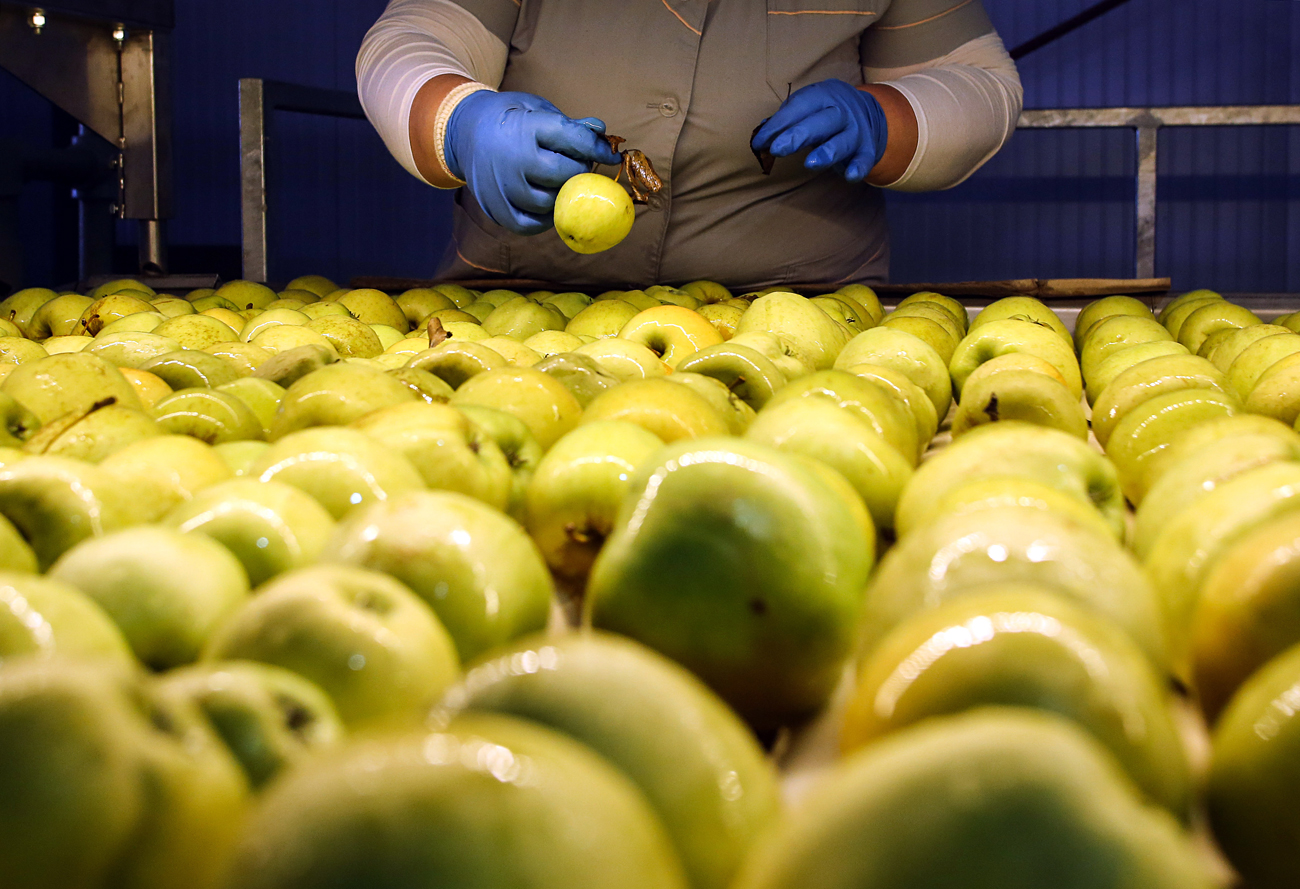State assistance to be made available to 90,000 foreign companies in Russia

According to experts, the main beneficiaries of the aid will be companies in the agricultural sector.
Denis Abramov/TASSIn the near future small and medium enterprises in which foreigners own more than 49 percent of the shares will be able to apply for Russian state aid, according to the Kommersant business daily, whichreports that the initiative is part of a bill created by the Russian Ministry of Economic Development.
In the opinion of the document's authors, the initiative will attract additional investment and help to "form new technological networks" in the country. The benefits will primarily involve the purchase of premises, fiscal preferences, advantageous credits and exemption from scheduled inspections.
The ministry explains that a medium business consists of anywhere between 101 and 200 people, while a company employing anywhere up to 100 people is considered a small enterprise. The maximum revenue of a medium enterprise is considered to be two billion rubles ($31.4 million), with that of a small company being set at up to 800 million rubles ($12.5 million).
"This is a big step towards improving small and medium business. I am sure this will stimulate entrepreneurial activity and the registration of new companies," said Emil Martirosyan from the Russian Presidential Academy of National Economy and Public Administration’s Institute of Business Administration.
How it works
"For us the problem is not with the company's foreign ownership, but with distinguishing real small and medium businesses from the so-called ‘Gazprom subsidiaries’ [subsidiaries owned by large companies – RBTH]," Deputy Minister of Economic Development Oleg Fomichev said during the BRICS and SCO Small Business Forum, which was held in the Central Russian city of Ufa (720 miles east of Moscow) on Dec. 1-2.
The ministry suggested that the Russian Chamber of Commerce and Industry carry out the project. This association of entrepreneurs works closely with foreign partners.
The Chamber of Commerce accepted the proposal, albeit somewhat reluctantly, "because this entails a great deal of work," said Vice President of the Chamber of Commerce Yelena Dybova.
Where to expect investments
According to the Ministry of Economic Development, there are 103,000 small companies in Russia with foreign participation: 13,800 of them have a share of foreign capital below 49 percent, 15,500 have a share between 49 and 75 percent, while in 73,900 the share is above 75 percent. This means the new bill concerns about 90,000 companies from the last two categories.
By stimulating investment the ministry's proposal will indeed play an important role from the macroeconomic viewpoint, notes Timur Nigmatullin, an analyst at Moscow investment company Finam Holding.
"If we look at the indicators concerning investment in fixed capital, we'll see that it has been declining for two years straight. In 2015, in corresponding ruble value it fell by 8.4 percent and in nine months of 2016 it fell by another 4.3 percent,” he said.
According to Nigmatullin, the main beneficiaries of the aid will be companies in the agricultural sector. In the first six months of 2016 the sector's GDP growth constituted a year-on-year 1.5 percent while the country's real GDP fell by 0.9 percent.
Large foreign businesses such as Nestlé and retail wholesaler Metro are holding negotiations with the government, but their requests and wishes have more of a global character, according to Georgy Vaschenko, director of operations on the Russian capital market at Moscow-based investment company Freedom Finance.
He pointed out that such companies are primarily insisting on changes in customs and fiscal administration. However, he added that small companies with foreign capital from the Far East may take advantage of the state's support.
Subscribe to get the hand picked best stories every week
All rights reserved by Rossiyskaya Gazeta.
Subscribe
to our newsletter!
Get the week's best stories straight to your inbox

